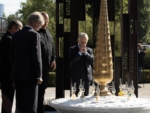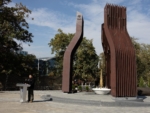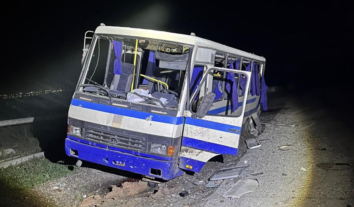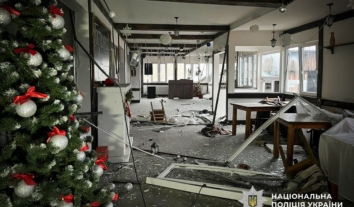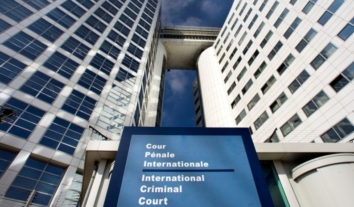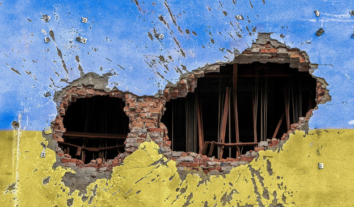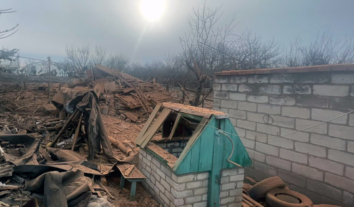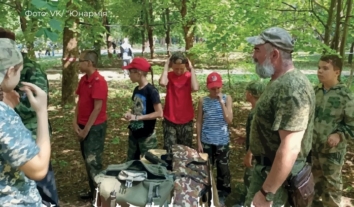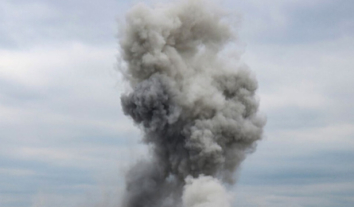Ukrainian parliament calls for global recognition of 1944 Crimean Tatar deportation as genocide
Oleksandr Korniyenko, First Deputy Chief of the Ukrainian Parliament, has urged countries worldwide to recognise the USSR’s deportation of Crimean Tatars as an act of genocide.
A ZMINA correspondent reports that Korniyenko addressed diplomats and politicians at the Fourth Summit of the International Crimea Platform’s panel discussion, “Crimea and the Peace Formula: Humanitarian aspect.”
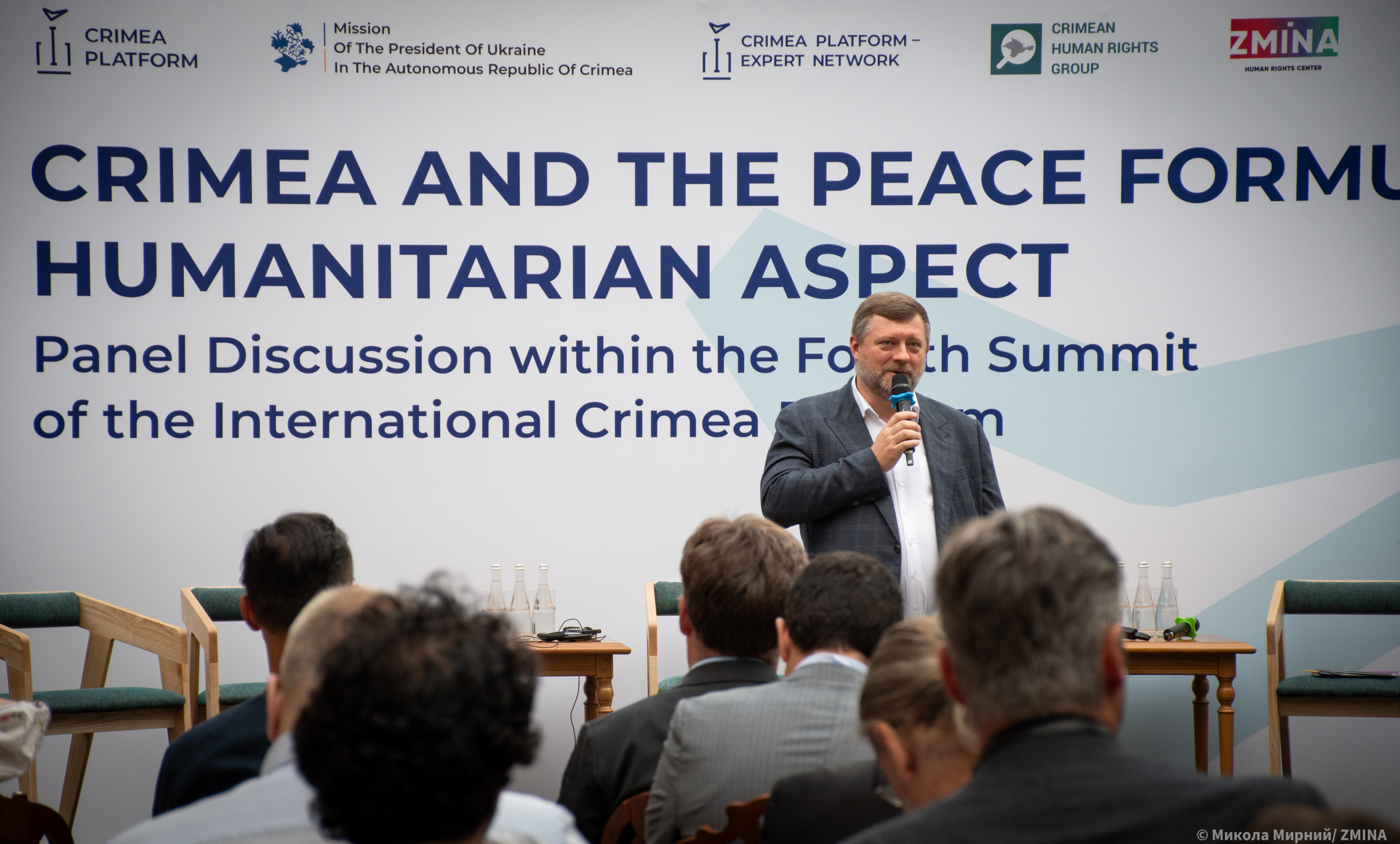
“I urge you to be as active as possible in this process within your countries. We have worked on the recognition of the Holodomor as a genocide, and by acting step by step, it is possible to achieve results,” he said.
Ukraine, Estonia, Georgia, Latvia, Lithuania, Canada, and Poland have already officially recognised the deportation of Crimean Tatars as an act of genocide.
During the Fourth Summit of the International Crimean Platform, the First Lady of Ukraine Olena Zelenska stated in her speech that the world must know the truth about Crimea and the Crimean Tatar people.
The President’s wife spoke about the fate of human rights activist and veteran of the Crimean Tatar movement Veciye Qaşqa, who was deported from Crimea as a child by the Soviet authorities. Eventually, she returned home. Veciye Qaşqa died after being detained by Russian security forces at a demonstration in 2017.
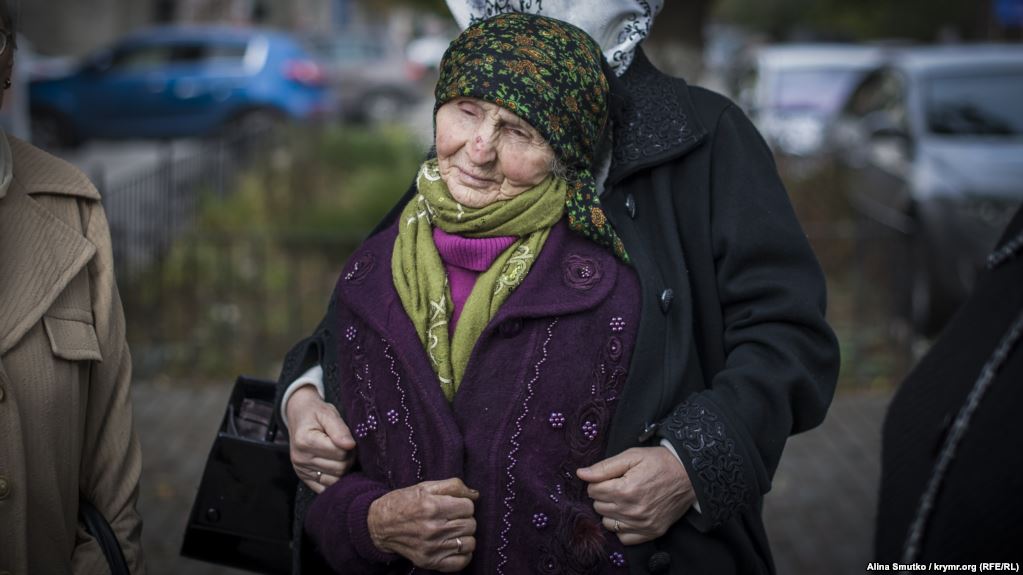 Veciye Qaşqa
Veciye Qaşqa“A terrible cycle turned in her life: first, imperial soldiers invaded her childhood, robbed her of her Motherland. Then the same soldiers invaded her native Crimea again, taking her life. But in fact, the life of all Ukraine, of all of us, has taken such a turn. Because the empire does not stop unless it is stopped,” the First Lady said.
Zelenska stressed the need to spread the truth about Crimea and Crimean Tatars in the world.
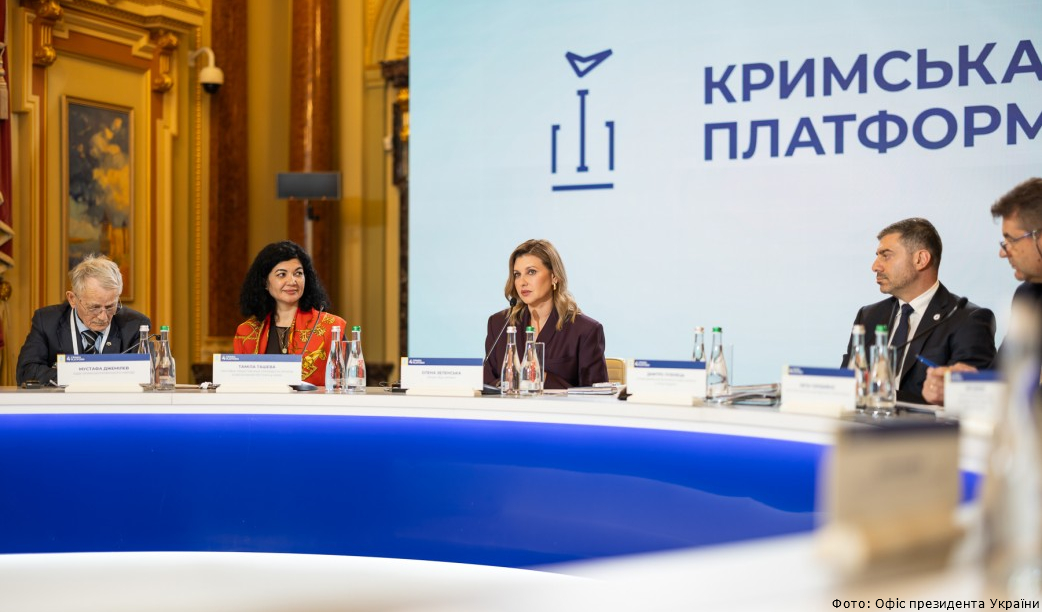 Olena Zelenska
Olena Zelenska“This important educational partnership should help spread the truth about Ukraine and Crimea in particular. Crimean Tatar studies should be a part of Ukrainian studies, just as Crimea is a part of Ukraine,” she said.
She also urged other countries to join in this cooperation, noting that it is important not only for Ukraine but for the entire world.
Eskender Bariev, a member of the Mejlis of the Crimean Tatar people and head of the Crimean Tatar Resource Center, stated that a Ukrainian court should recognise the deportation of Crimean Tatars as an act of genocide.
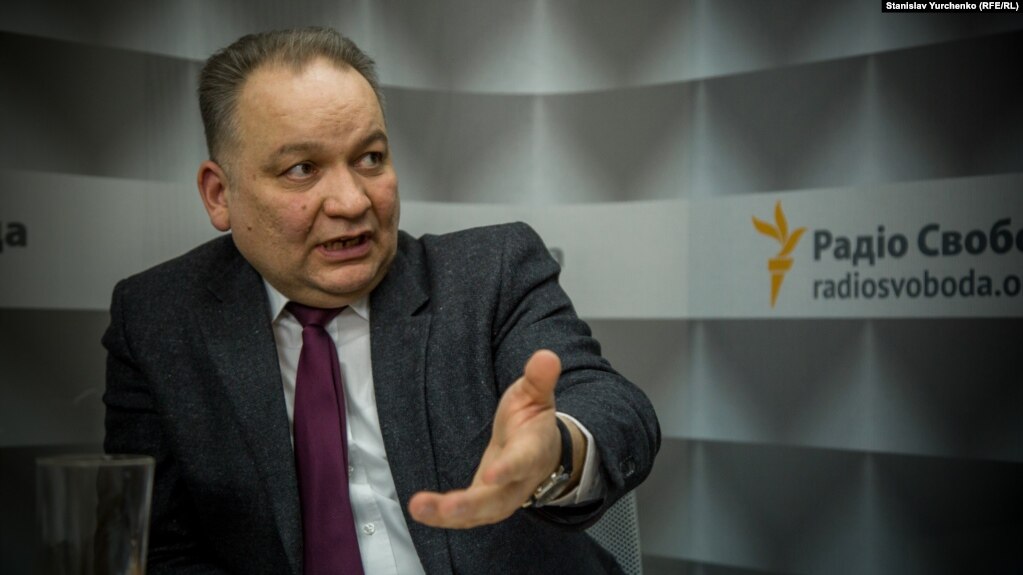 Eskender Bariev
Eskender Bariev“This decision is in limbo in Ukraine. There’s no progress. Such a court decision would give us an additional instrument to support recognition in other countries,” he explained earlier on the fields of the third International Forum of the Crimea Platform Expert Network.
Bariev reported that Mejilis are cooperating with MPs from many countries.
“However, as parliaments change, which is the nature of democracy, we need to work with new MPs from scratch. In Estonia, for instance, we have many achievements in our cooperation. But in the Estonian parliament, the MP who spearheaded this work unfortunately passed away,” Bariev said.
He highlighted Austria’s refusal to address the issue of genocide recognition.
“They say, this is not our issue, we’re not going to recognise it as genocide. But when we speak about the genocide of the Crimean Tatars, we also connect it to recognizing the Holodomor as an act of genocide against Ukrainians because both are crimes against humanity. The deportation is an unfinished process for Russians,” Bariev elaborated.
In addition, he expressed gratitude to the Verkhovna Rada of Ukraine for issuing a statement on the 80th anniversary of the deportation of Crimean Tatars, urging other parliaments to recognise it as an act of genocide.
He reported that Crimean Tatars are raising awareness among foreign MPs through a separate campaign with the slogan “If you do not condemn this today, it will be repeated tomorrow.”
“The same can be said about the Holodomor as an act of genocide, and the deportation of Crimean Tatars likewise,” he added.
According to Bariev, the Czech Republic is close to recognising the deportation of Crimean Tatars as an act of genocide.
“We hope that they will make this decision within the next few months,” he commented.
Read also: 80 Years of Pain: Ukraine calls for recognition of 1944 Crimean Tatar genocide on 80th anniversary
During the fourth Crimean Platform summit on September 11, 2024, in Kyiv, officials and foreign leaders unveiled a memorial to the victims of the Crimean Tatar genocide.
To provide context, from May 18 to 20, 1944, Soviet forces forcibly deported at least 194,000 Crimean Tatars from the peninsula. During this genocide, the Soviet regime committed intentional killings, inflicted severe bodily harm, and deliberately created living conditions aimed at the physical destruction of the Crimean Tatars.
Annually in Crimea, mass events commemorating the Day of Remembrance for Victims of the Deportation of the Crimean Tatar people were held, including a mourning rally in Simferopol’s center. However, following Russia’s military seizure of the Crimean Peninsula, such events in the center of temporarily occupied Simferopol have been prohibited.
Ukraine has recognised forced deportation as an act of genocide against the Crimean Tatar people, guided by the Convention on the Prevention and Punishment of the Crime of Genocide. The Russian Federation denies the 1944 genocide of the Crimean Tatars and does not take responsibility for Stalinist repressions and deportation.
For decades, the USSR’s communist regime and subsequently Russia have deliberately spread myths about Crimean Tatar “treason.” Today, Russia uses this narrative against Crimean Tatars to spread hatred, oppression, and discord in temporarily occupied Crimea.

